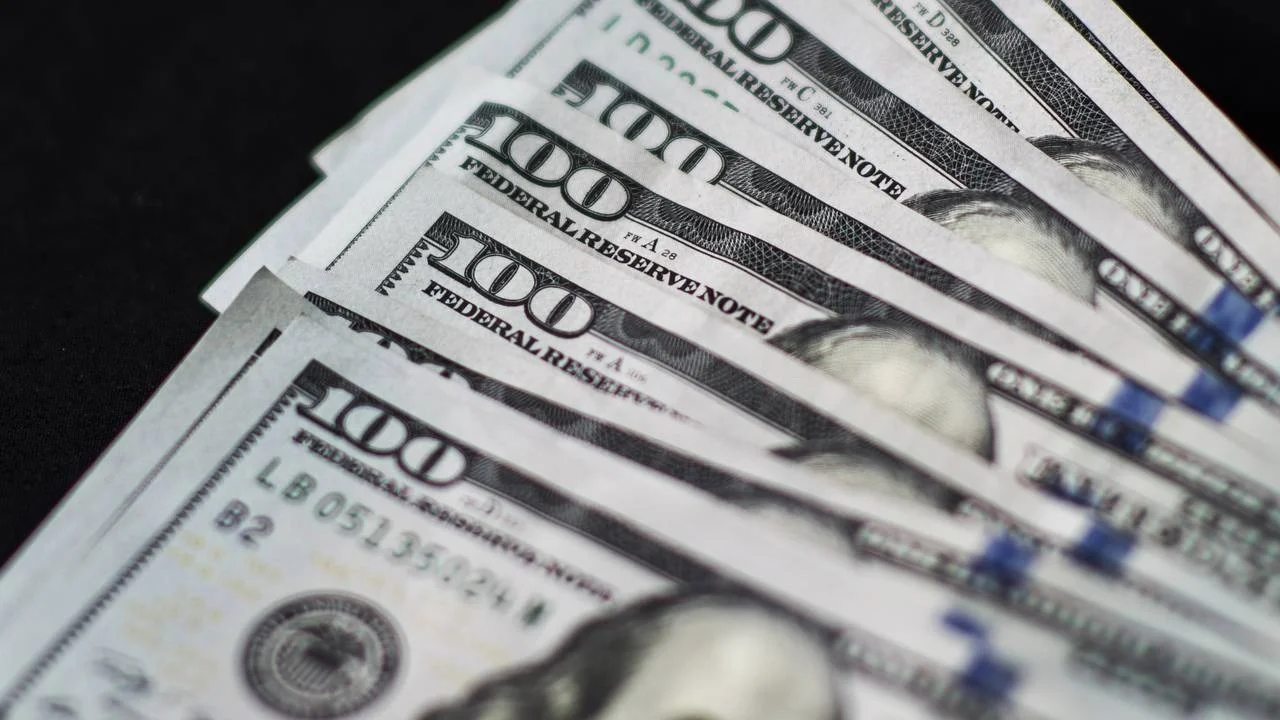The U.S. dollar surged on Friday, recovering losses from the previous day after a news report revealed that China was contemplating tariff exemptions for certain American products, raising optimism about a potential de-escalation in the ongoing trade conflict between the U.S. and China.
This week, the dollar experienced volatility due to mixed signals regarding a possible thaw in the tense relationship between Washington and Beijing.
Earlier in the week, President Trump suggested a reduction in tariffs and mentioned that direct discussions were underway, although Beijing later denied any such talks had taken place.
“Traders are definitely reacting to headlines right now,” stated Bart Wakabayashi, Tokyo branch manager at State Street.
“Any indication that tariffs are being relaxed could prompt a reversal of the positions that were established due to them.”
According to a Friday report from Bloomberg News, China is considering lifting the 125% tariffs on U.S. medical devices and certain industrial chemicals.
As of 04:35 GMT on Friday, the dollar rose by 0.7% to 143.665 yen and climbed 0.6% to 0.8318 Swiss franc.
Read More: Stock Exchange Falls 1500 Points Amid Pak-India Tensions
Meanwhile, the euro dropped by 0.5% to $1.1327, and the British pound decreased by 0.4% to $1.3287.
The U.S. dollar index, which compares the dollar to a basket of other currencies, gained 0.4%, reaching 99.792.
Earlier in the week, President Trump caused a decline in the dollar when he suggested he might replace Federal Reserve Chair Jerome Powell for not cutting interest rates fast enough
. However, the dollar rebounded on Tuesday after Trump clarified that he had no intention of firing Powell.
The Friday rally in the dollar puts the index on track for a 0.6% gain, breaking a four-week losing streak caused by concerns over a recession triggered by tariffs and investor apprehension due to Trump’s policy reversals.
While Washington has made progress in initial trade talks with Asian partners such as South Korea and Japan, it has yet to fully resolve tensions with China.
Following their first round of negotiations, Seoul’s delegation announced on Thursday that they are working towards a trade deal before the temporary halt on reciprocal tariffs ends in July.
In a similar vein, Japan’s Finance Minister stated after meeting with U.S. Treasury Secretary Scott Bessent that currency issues were not on the agenda, despite Trump’s previous accusations of Japan manipulating its currency to benefit its exporters.
Japan’s chief negotiator, Economy Minister Ryosei Akazawa, is set to meet with Bessent again next week to continue discussions.
“Mizuho analysts noted that if a tariff reduction seems imminent, it could positively impact negotiations with other countries, fostering a shift away from risk aversion and a reduction in U.S. asset sales, which would help strengthen the dollar toward 145 yen.”
“However, if negotiations with Japan, a key ally, struggle, one can only imagine the complexities in dealing with China,” they added.
Bank of Japan Governor Kazuo Ueda reiterated on Thursday that the central bank remains committed to raising interest rates if inflation moves toward the 2% target but stressed the need to carefully assess the impact of U.S. tariffs.
Data released on Friday showed that core consumer prices in Tokyo rose by 3.4% in April, marking the second consecutive month of acceleration.
The Bank of Japan is expected to maintain its current policy settings when it concludes its two-day meeting on May 1.
Meanwhile, Bitcoin remained stable at around $93,200, staying just below its Wednesday peak of $94,489.92, which marked its highest level since March 3.









